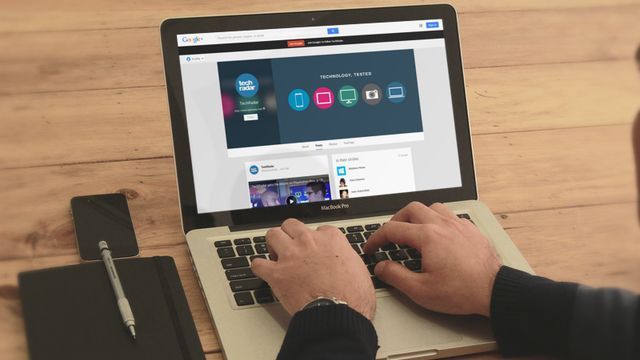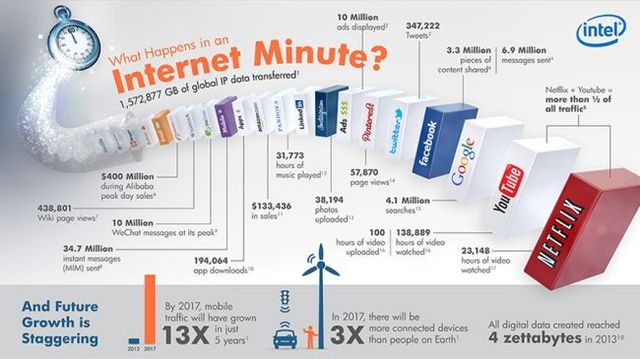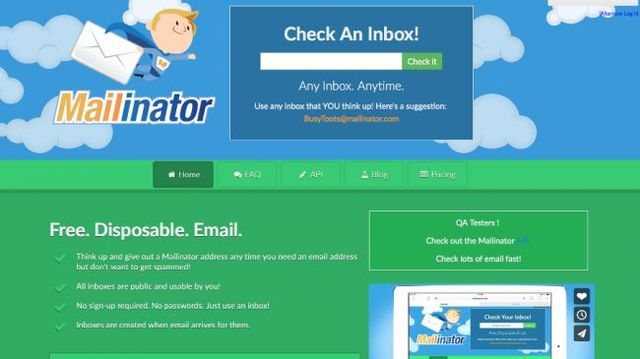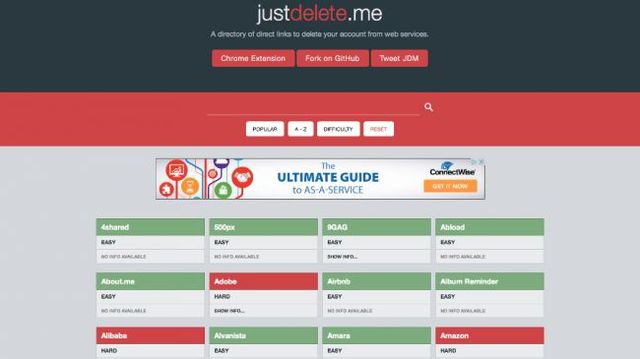Based on materials from techradar.com
How much time do you spend on the Internet? Whoever you are, a fan of correspondence, a lover of YouTube videos or a person who gets online only on business, you have a chain of digital traces behind you – someone is shorter, someone is longer.

Introduction
In our time, the question is becoming relevant, how these traces can affect our private life. And why is it so difficult to remove personal content at will, as many celebrities have faced in recent years?
In 1995, the EU introduced a legal definition of 'personal data' as any information that can be used to identify a person, directly or indirectly. Since then, the use of mobile devices and the information to which they provide access has further complicated this definition.
The volumes of information are truly enormous. According to IDC research, in 2011 the amount of information produced was 1.8 zettabytes, or 1.8 trillion gigabytes (enough information to fill the memory of 57.5 billion 32-gigabytes iPad. 44 zettabytes.

What happens on the Internet in a minute
Information merchants
If you think that all these numbers apply only to big business, then it is very in vain. We've all turned into information creators: for example, a typical office worker in the States produces about 50 MB of information per day – this is downloading movies, e-mails, uploading photos – the list is endless. Every day, every minute:
- 4 million search queries are generated in Google
- 240 million emails sent
- loading 72 hours of video
- 2.5 million units of content are divided into Facebook
- 277 thousand tweets are sent.
And here's what worries: all this information is not anonymous. On the contrary, every part of it on your digital path can be an object of analysis and will allow you to find out who you are, what you are and, of course, what you might want to buy in the future. And the future will be even more filled with information thanks to wearable devices that collect information about your health and buying habits.
As the Internet Society points out, if your Internet service provider stores your account information, such as your email address, payment history information, etc., cookies allow you to associate any of your actions with this information. The concept of such a link is the first key to any attempt at analyzing online privacy. After all, it is this connection that negatively affects the ability to bind certain personal data to a certain context, and therefore, manage privacy.
We live in the era of big data. With the amount of personal information available on the web, big data can pull it together and shape an incredibly accurate image of a particular person. The more you use online services, the more information is available about you and the more opportunities you have to make your digital profile more detailed. Ubisoft's recent Watch Dogs ad campaign worried users about how accurately the game 'calculated' their data in Facebook.
Shorten the digital footprint
So what can we do to reduce our web footprint, or at least make information more anonymous? And do we even need to be so worried about this?
Any coin has two sides, and on the one hand, if you tweet that you are somewhere, this is a potential signal to attackers that you are not at home at that moment. On the other hand, if you want to quickly and conveniently place an order on your favorite website, you may be required to provide an address and payment details.
Before you try to 'clean up' your trail, consider how far you need to go in this endeavor. For example, here you can evaluate it, and also offer you applications that will help increase your digital security level.
And you can also reduce your footprint if you put things in order in your affairs. Here are a few ways you can use to keep less information.
1. Check all your privacy settings.
Check what privacy settings you have set on each of the sites you visit frequently. This is especially true for social networks. And if you put a lot of personal data there, do not forget that they can be deleted, cleaned or hidden.
2. Delete old accounts.
Enter your name in Google Image Search. This search can help you find old accounts that you forgot about. The Internet forgets nothing. If these accounts cannot be deleted, change the information in your profile – fake name, mailing address and an empty field instead of a photo. Google will index these changes, and some of the information will disappear from your digital footprint.
3. Unsubscribe from mailings.
We are subscribed to a bunch of different mailings, but we are really interested in several. Spending a little time and unsubscribing from unnecessary ones will reduce the amount of information available to form your personal profile.

Use mailing addresses once to shorten your digital footprint
4. Register using a disposable email address
If a postal address is required to register on the site, do not use your main e-mail for this. This not only protects your mailbox from spam, but also confuses whoever wants to use this data. You can also create disposable email addresses to register with Mailinator or AirMail.
5. Use invisible mode while browsing
See which your browser has its own privacy settings. Chrome has Incognito Mode, Internet Explorer has InPrivate Browsing, Firefox has Private Window. Safari users also have the option to switch to private browsing mode in their browser settings.
6. Think First, Publish Later
Much of the personal information is now taken from social media. If you try to slightly limit the flow of thought on social media, you will reduce the amount of information that can be used.
7. Use the Tor browser
This browser offers a fairly high level of anonymity by tying your internet activity to multiple servers in the world, making it impossible to track your internet sessions.
8. Use tools that interfere with tracking
There are several additional tools you can use to mask your internet activity, such as Disconnect, Ghostery, DoNotTrackMe.
Leave no trace
Even after a thorough 'cleaning' and revision of your privacy and security settings, there will always be things that you want to completely remove from the network. There are many stories about how difficult this is.
The Court of Justice of the European Union now recognizes that everyone has the right to remove any personal information from access to the world's search engines. The so-called 'right to be forgotten' is now available to anyone who complains about the inaccuracy or obsolescence of data found on the network.
If you make a request and claim that the information is 'inadequate, irrelevant, or no longer relevant', search engines must remove it or pay a fine. True, you cannot just take and ask to remove any information that you do not like, if it still arouses public interest and is requested.
“We have to take personal rights into account, but if search engines force the removal of links to legitimize content that is already in the public domain, rather than the content itself, this could lead to online censorship,” says Javier Ruiz, Policy Officer Security Open Rights Group. It is not yet known whether this EU initiative will work and whether it will be feasible at all.

Find out how difficult it is to delete your accounts
Look for yourself
Look for yourself. This means, check how widespread your personal information is on the web. Try searching for your name in different spellings. And don't forget to search by pictures as well. If you want to remove information from the accounts available to you, it's easy to do. Information such as blog posts or pictures may require contacting the site administrator. Look at your digital life in MyLife – you will learn a lot of interesting things.
Check your digital footprints regularly. Over time, your name and information will appear less regularly. This usually means that Google or the Internet Archive has updated their indexes. However, it is very difficult to clean all traces, so prioritize. Try JustDeleteMe to see how difficult it is to delete accounts across hundreds of services.
In general, you always have a choice, since the accounts you want to delete are linked to other areas of your online life. For example, if you opt out of Google+, you will no longer be able to comment on YouTube. And after leaving Facebook, you will not be able to use your profile to quickly login to sites that offer this functionality.
Your digital footprints can be long and far-reaching. But modern life on the Internet requires certain solutions in this area. And it’s your choice – how much you allow personal information to penetrate the network to make your life more convenient.
